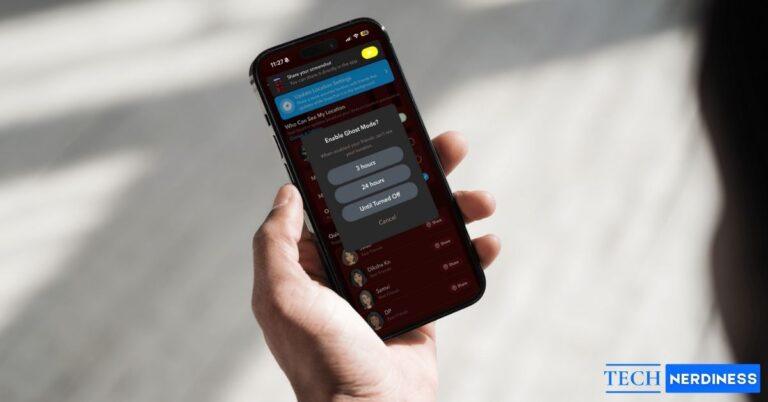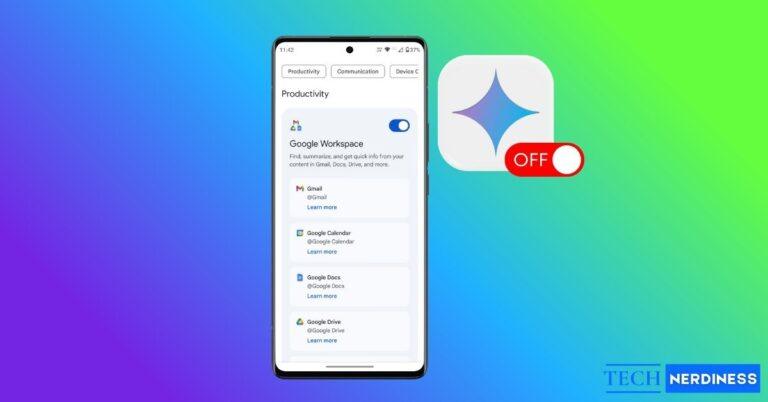- Snapchat Planets = rank in a friend’s top 8: Mercury (1) → Venus (2) → Earth (3) → Mars (4) → Jupiter (5) → Saturn (6) → Uranus (7) → Neptune (8).
- Snapchat+ required: You’ll only see planets when you tap the gold-ring Best Friends badge on a friend’s profile.
- Private & asymmetric: Your planet in their Solar System can be different from their planet in yours.
- Optional feature: Turn it On/Off: Profile → Settings → Snapchat+ → Friend Solar System.
- Not astrology, not streaks-only: Positions reflect overall interaction (snaps + chats) and can change over time.
- Troubleshooting: Update the app, confirm an active Snapchat+ subscription, re-enable the toggle, and make sure you’re in their top eight.
- Quick answer: You can’t see planets without Snapchat+, and others can’t see your planet unless they look from their own account.
Ever wondered what your number is on your Snapchat friends’ best friends list? While regular users can’t, Snapchat Plus users can. Snapchat Planets, a Snapchat Plus-only feature, assigns a planet to each of your top eight best friends, where each planet represents your closeness with your friend on the platform. Each planet has its own color and cute emoji. The closer you are, the nearer your planet is to their “Sun.”
Keep reading to learn what each Snapchat planet means and how the order is decided.
Table of Contents
What Is the Snapchat Friend Solar System?
If you are an ardent Snapchat user, you’re likely familiar with the feature that automatically creates a list of your eight best friends based on your interaction with them. Snapchat Planets takes this experience to the next level.
In Snapchat’s Friend Solar System, you’re the sun, and your first best friend is Mercury. Similarly, the second-best friend is Venus, the third is Earth, and so on. The closer the planet is to you, the more you interact with that friend, meaning you send each other snaps and chats, view each other’s stories, and generally stay active on the platform.
It’s Snapchat’s creative way of showing who your closest friends are, but only if you’re willing to pay for the insight.
Snapchat Planets Order and Meaning (2025)
Each planet in the Snapchat Solar System has a unique design and color scheme (like hearts, stars, or rings) so you can tell them apart visually. To help you understand and recognize each Snapchat planet, here’s a detailed breakdown of each one and its corresponding emoji:
| Rank | Planet | What It Means | Emoji Color & Symbols |
|---|---|---|---|
| 1 | Mercury | Your absolute best friend on Snapchat. You interact with them more than anyone else. | Reddish-orange colored planet with 5 ❤️ emojis |
| 2 | Venus | A super close friend, just slightly less active with you than your #1. | Light brown-colored planet with 💛💖💙 emojis |
| 3 | Earth | A strong and steady friendship; lots of interactions. | Blue-green colored planet with 🌙⭐❤️ emojis |
| 4 | Mars | Still close, but slightly less active than your top three. | Red colored planet with ⭐💜💙 emojis |
| 5 | Jupiter | A friendly, casual connection. Regular but not constant interaction. | Reddish-orange colored planet with dark orange stripes and ⭐ emojis |
| 6 | Saturn | Occasional chats and snaps, less frequent than the rest. | Orange colored planet with a ring and ⭐ emojis |
| 7 | Uranus | A lighter connection, on the edge of your top friends. | Green colored planet with ⭐ emojis |
| 8 | Neptune | The most distant of your top friends, but still close enough to make the list. | Blue colored planet with ⭐ emojis |
How Does Snapchat’s Friend Solar System Work?
First and foremost, to view your position in your friend’s Snapchat Solar System, you must subscribe to Snapchat Plus. Otherwise, you’ll only see the Best Friends badge on your friend’s Snapchat profile, and tapping it won’t reveal your position in their Friend Solar System.
Another important thing to note is that even after subscribing to Snapchat Plus, you’ll only see your position in your friends’ Solar System if you and your friends chat frequently. Only sending snaps and maintaining streaks won’t do the job.
Once you meet both conditions, you’ll notice a Best Friends badge with a golden ring around it on your Snapchat best friends profile. The simple Best Friend badge means you both are in each other’s top eight friends list on Snapchat. Meanwhile, the Best Friend badge with a golden ring means you both regularly interact with each other, beyond just maintaining a Snapchat streak.
Now, tapping the golden ringed Best Friends badge reveals your position in their Snapchat friends solar system. To make things interesting, your closeness to them is represented in the form of a planet emoji, rather than just telling you which planet you’re on. And as mentioned, each planet represents a different level of closeness between the two people.
This can be seen as Snapchat’s subtle way of telling you that, while the other person might be at the top of your best friends list, you might be at the bottom or, say, middle of theirs.
Moreover, if you see a Friends badge instead of the Best Friends badge, it means they’re in your Best Friends list, but you’re not in theirs. These badges make it easier to know if the closeness is mutual or one-sided.
Note: Snapchat Solar System isn’t enabled by default. You must enable it manually after you subscribe to Snapchat Plus.
How to Enable Snapchat Solar System
- Subscribe to Snapchat Plus.
- Once done, head to your Snapchat profile.
- Here, tap the Snapchat+ tab.
- Now, scroll down and toggle on Solar System.

Check Your Position in Your Friend’s Snapchat Solar System
Now that you know everything you need about Snapchat’s Friend Solar System, you can head to your best friend’s profile and see what your position is in their Snapchat Solar System.
Here’s how:
- Open Snapchat and head to your best friend’s profile.
- Here, check for the Best Friends badge with a golden ring around it.
- Tap the badge, and a pop-up window will reveal your position.

Remember, positions aren’t fixed, as the interaction level changes in real time. You might drop from Mercury to Mars and bounce back in the next few days. That’s part of the fun (and the drama). Late replies, trips, or a broken streak can quickly shift positions.
How to Move Closer in Someone’s Snapchat Solar System
You can’t be the Mercury in every friend’s Solar System, but you can do this to get closer to your favorite friends:
- Send them snaps every day
- Chat with them often and reply quickly
- View their stories regularly
- React or reply to their stories
- Use fun filters, Lenses, or games with them
- Share Spotlight videos or links with them in chat
- Be consistent over time, and don’t disappear for days
Solar Summary…
Snapchat Planets brings a fun twist to friendships on the app. Although limited to Snapchat Plus users, it’s a cool way to visualize your closest friends and see how your social circle shifts over time. Just remember, planets don’t define friendships, but your friend’s closeness to you in the real world does.
FAQs
Snapchat’s Solar System is a Snapchat+ feature that shows your rank among a friend’s top eight. Each planet maps to a position: Mercury (1), Venus (2), Earth (3), Mars (4), Jupiter (5), Saturn (6), Uranus (7), Neptune (8). It is a ranking metaphor, not astrology.
Yes. Only Snapchat+ subscribers can see the Best Friends badge with the gold ring and the planet view. Non-subscribers will not see planets.
Only you. The Solar System view is private to your account when you look at a friend’s profile. What you see for them can differ from what they see for you.
Open Snapchat → Profile icon → Settings → Snapchat+ → Friend Solar System → toggle On or Off. If you do not see the option, update the app and confirm your Snapchat+ subscription is active.
Rankings are calculated separately for each person’s Best Friends list. You might be their Mercury while they are your Jupiter, and both can be correct.
Common reasons: you are not a Snapchat+ subscriber, the feature is toggled off, the app needs an update, you are not in their top eight, or temporary glitches. Try: update the app → confirm Snapchat+ → re-enable the toggle → force-quit and reopen → sign out and back in.
Snapchat does not publish an exact schedule or formula. Positions can change based on overall interaction patterns in chats and snaps over time, not just streaks. Frequency can vary and may shift day to day.






